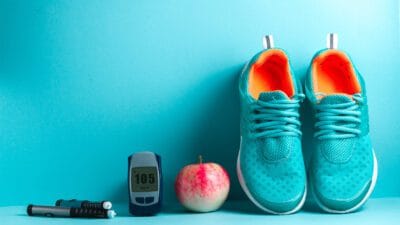
Triggers include stress, hormonal changes, dehydration, skipped meals, and sensory stimuli like bright lights or loud noises. Certain foods like aged cheeses, alcohol, caffeine, and artificial sweeteners are also common culprits. Keeping a…

Create a consistent bedtime routine and ensure your sleep environment is dark and cool. Avoid caffeine and screen time a few hours before bed. Use relaxation techniques like deep breathing or meditation, and…
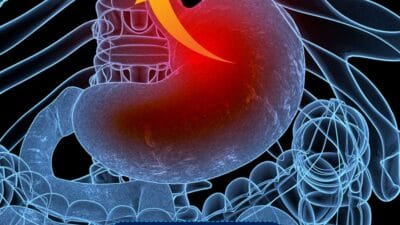
Choose easy-to-digest options like oatmeal, bananas, applesauce, steamed vegetables, and lean proteins like chicken or turkey. Avoid spicy, fried, or acidic foods, as well as carbonated drinks and caffeine. Smaller, frequent meals can…

Gluten-free options include distilled spirits like vodka (from potatoes or corn), rum, tequila, and brandy. Dry wines and certain ciders are naturally gluten-free. Avoid beers unless labeled gluten-free, as traditional brewing processes may…

Stay hydrated with water and electrolyte solutions, and eat bland foods like bananas, rice, applesauce, and toast (BRAT diet). Avoid dairy, greasy foods, and artificial sweeteners. Probiotics and soluble fiber like psyllium husk…

Stay hydrated, increase fiber intake through fruits, vegetables, and whole grains, and engage in regular physical activity like yoga or walking. Consuming prunes or chia seeds soaked in water can also promote regular…

Stay hydrated, reduce intake of carbonated drinks, and avoid high-FODMAP foods that can ferment in the gut. Engage in light physical activity like walking after meals, take probiotics or peppermint oil capsules, and…

Pack low-FODMAP options such as rice cakes, hard-boiled eggs, lactose-free yogurt, plain grilled chicken, or simple sandwiches on gluten-free bread. Include fruits like bananas and berries, and carry soothing herbal teas. These choices…

Low-impact exercises like walking, swimming, and yoga can reduce inflammation, improve digestion, and support overall well-being without straining the gut. Avoid high-intensity workouts during flare-ups, as these may worsen symptoms. Focus on consistency…
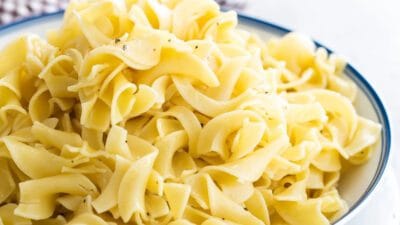
Gluten-free pasta is a staple for those with gluten intolerance or celiac disease, offering a safe alternative to traditional wheat-based pasta. Made from ingredients like rice, corn, quinoa, and lentils, gluten-free pasta provides…
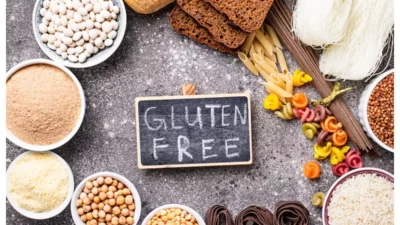
Gluten-free grains are a nutritious alternative for those with gluten sensitivities or celiac disease, offering fiber, protein, and essential nutrients without the gluten found in wheat, barley, or rye. Popular options like quinoa,…
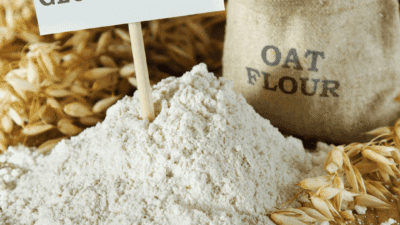
Gluten-free flours are essential for those with gluten intolerance or celiac disease, providing versatile options for baking and cooking without wheat. Made from grains, nuts, or legumes like almond, rice, and chickpea, these…

Popular books on GERD management include titles like “The Acid Watcher Diet” by Dr. Jonathan Aviv, which provides a detailed low-acid diet plan, and “Dropping Acid” by Dr. Jamie Koufman, which focuses on…
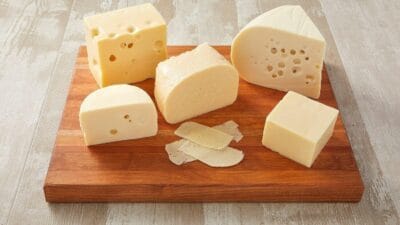
Low sodium cheeses are ideal for those managing blood pressure and overall heart health. Options include Swiss cheese, which has lower sodium compared to most, and mozzarella, a fresh cheese with mild flavor…
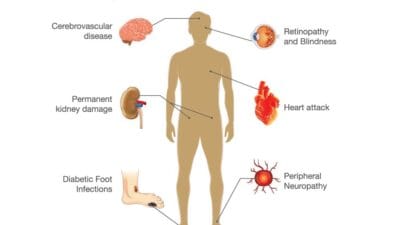
Long-term uncontrolled diabetes can lead to severe complications, including cardiovascular disease, nerve damage (neuropathy), kidney disease (nephropathy), and vision problems such as diabetic retinopathy. Poor blood sugar management increases the risk of foot…

